Ethics of woodland wildflowers
fivemurfs
16 years ago
Related Stories
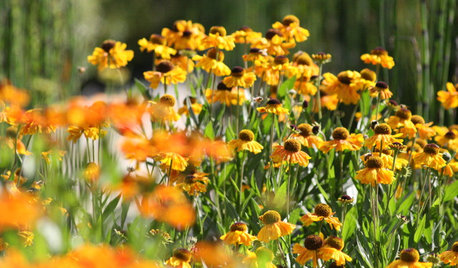
GARDENING GUIDESWhat’s in a Name? See 6 Wildflowers That Aren’t ‘Weeds’ at All
Dispel the stereotypes of weeds and try these wildlife-supporting native wildflowers in your garden
Full Story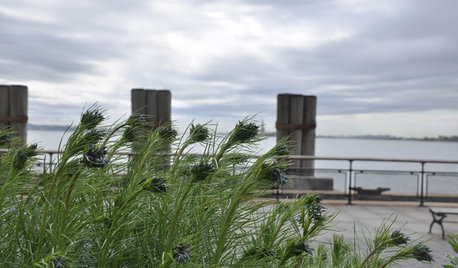
GARDENING GUIDES10 Native Wildflowers With Unique Foliage
When the flowers fade, these leaves keep the garden looking good
Full Story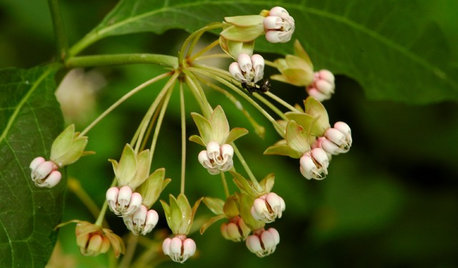
GARDENING GUIDES5 Unsung Wildflowers That Thrive in Dry Shade
Turn shady problem spots into garden idylls with with these prolific, easy-care bloomers
Full Story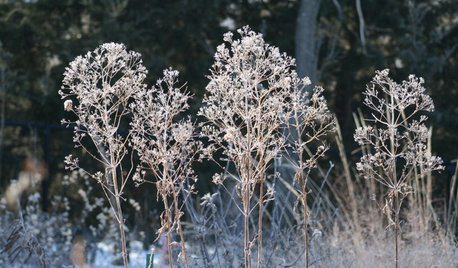
WINTER GARDENING10 Native Wildflowers to Beautify Your Winter Garden
They stand strong in wind, feed wildlife and are easy to grow. But you may want to add these plants for their looks alone
Full Story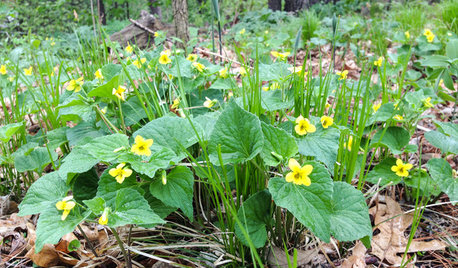
GARDENING GUIDESGreat Design Plant: Viola Pubescens Dots Woodlands With Yellow
Plant downy yellow violet in eastern U.S. woodland gardens for its heart-shaped leaves and bright yellow flowers
Full Story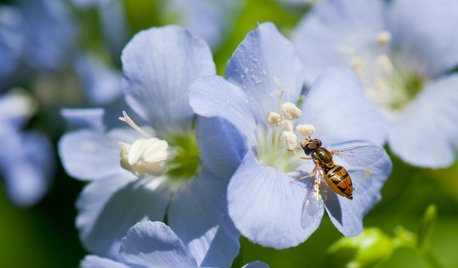
GARDENING GUIDESGreat Design Plant: Polemonium Reptans Paints Woodlands Blue in Spring
Plant Jacob’s ladder in eastern U.S. woodland gardens for its bright blue flowers and delicate foliage
Full Story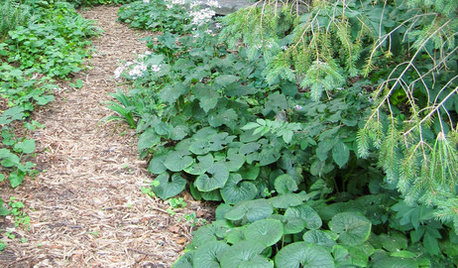
GROUND COVERSAsarum Canadense Adds Masses of Green to Woodland Gardens
Plant Canadian wild ginger in the eastern U.S. for a shade-loving native ground cover with spring flowers
Full Story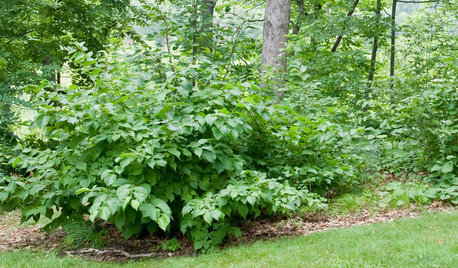
GARDENING GUIDESGreat Design Plant: Corylus Americana Awakens the Woodland Garden
Plant American hazelnut for three seasons of interest and to feed our furry and feathered friends
Full Story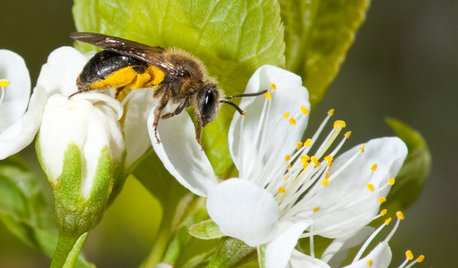
GARDENING GUIDESInvite Mining Bees to Your Garden by Planting Their Favorite Plants
Look for mining bees (Andrena) pollinating woodland wildflowers in U.S. gardens this spring
Full Story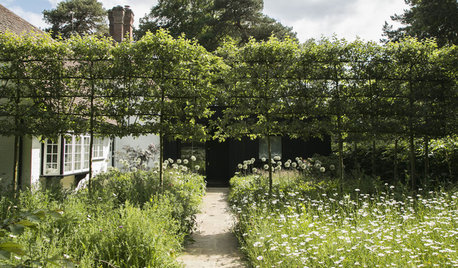
GARDENING AND LANDSCAPINGCrab Apple Trees Set Off a Stylish English Courtyard
A structure of pleached crab apple trees, bordered by a wildflower meadow, links a minimalist addition to an old house in Buckinghamshire
Full StoryMore Discussions






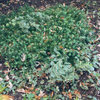
Lynda Waldrep
Related Professionals
Camas Landscape Architects & Landscape Designers · Lake Oswego Landscape Architects & Landscape Designers · Burlington Landscape Contractors · Coeur d'Alene Landscape Contractors · Columbine Landscape Contractors · El Reno Landscape Contractors · Rockville Landscape Contractors · Baltimore Fence Contractors · Eastvale Fence Contractors · Madison Fence Contractors · Memphis Fence Contractors · Rutherford Fence Contractors · Lincoln Siding & Exteriors · Cypress Siding & Exteriors · Marlton Siding & Exteriors